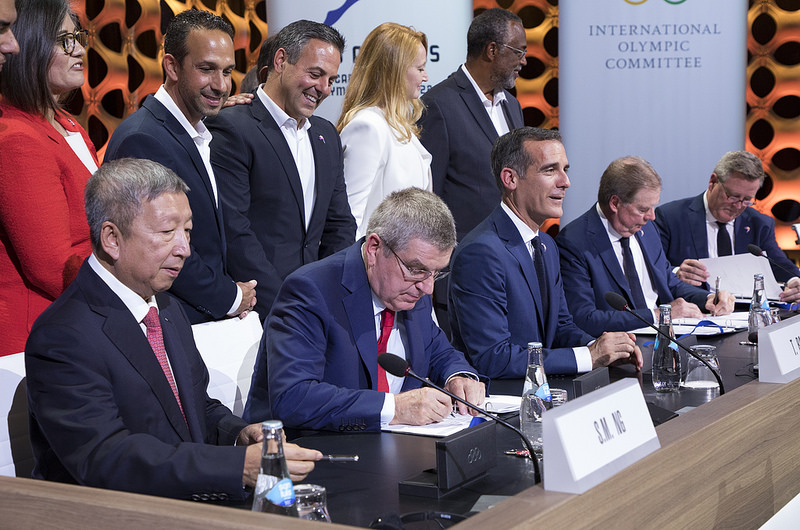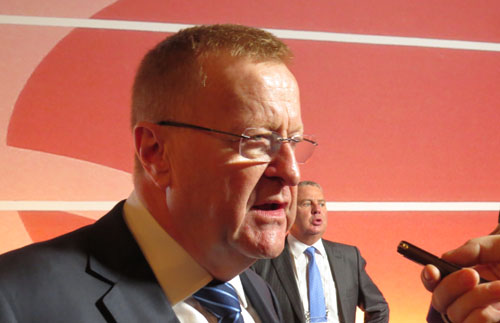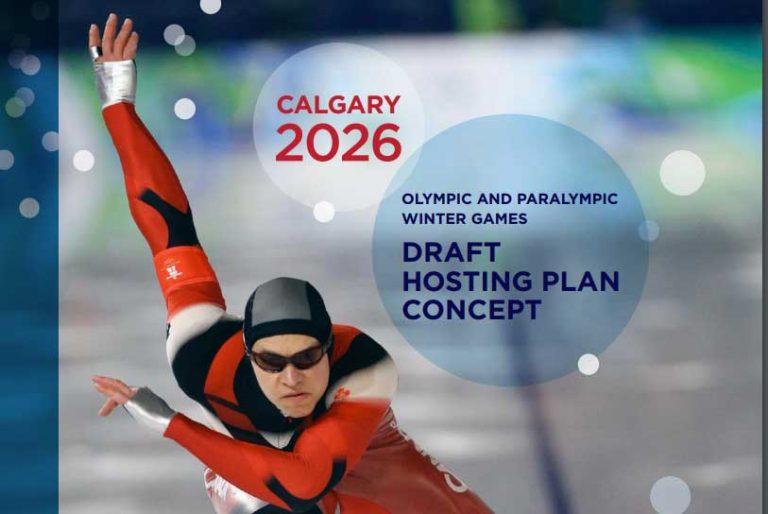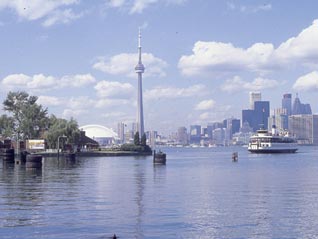Reporting from Lima Convention Center in Peru – Wednesday’s historic simultaneous awarding of the Olympic and Paralympic Games to both Paris in 2024 and Los Angeles in 2028 introduced some stability for the International Olympic Committee (IOC) by securing two capable host cities and pushing the next Summer Games bidding cycle forward to 2025.

But then what? IOC President Thomas Bach quipped Monday that the election of the 2032 host city would be in the hands of his successor. Bids for the 2026 Olympic Winter Games will officially enter a “Dialogue Phase” of the campaign next month, which amounts to a year of discussion between prospective bids and the IOC before any commitment by the city is made.
The IOC chose to secure contracts with Paris and Los Angeles because they are rarities, cities teaming with existing venues and facilities that are already scaled to host the Games. So in 2032, do the Games go back to Paris – or is there another Paris or LA out there?
Australian IOC Vice President John Coates told GamesBids.com after some deep though that there are such cities who could qualify for 2032.
He said “In Australia we’re trying, a feasibility study has been announced for for 2032. Surely there is a German city that could do it. Rome was going to be a good bid as well. Budapest I’m told is an outstanding bid.”
“You can’t rule out anything,” he added
Oddly, along with his home nation, Coates named the three places that bid for the 2024 Games and were forced to withdraw due to lack of public or political support. That suggests finding the right host city for 2032 might be a difficult task.
It is hoped that a successful Paris Games, along with a retooling of the bid process, will change the landscape by 2025 and more qualified cities will raise their hands when the IOC calls for applicants. But with challenges emerging for the upcoming PyeongChang, Tokyo and Beijing Games – and the construction of the Olympic Village in Paris, a large capital project that poses some risks – that may not be the case.
Los Angeles Mayor Eric Garcetti, amid celebrations with his team after securing the city’s third Olympic Games, all unopposed, offered advice for future bidders.
“Don’t be scared,” Garcetti encouraged.
“I think they read into the past, I can understand why. These countries have made tremendous investments in their infrastructure using the Olympics as an excuse, but cities are becoming more and more realistic.
“I would just say to be yourself, fit the Olympics to your city, don’t fit your city to the Olympics.”
Then Garcetti shifted his advice to the IOC.
“The question for the IOC, the Federations and for everybody is ‘how many seats do you want to have?’ Does every single event need to be of a certain size? It’s those demands that have been very difficult on cities in the past.”
The Mayor believes that Paris and LA will set an example in that regard, and when their Games are complete, a new vision for prospective host cities will emerge.
Coates said the Games Management 2020 Group has been working to take costs out of operations, and are looking for ways to save Winter Games about (USD) $500 million and Summer Games $1 billion.
“We need to be able to have cities that can fund this with the money we give, the money they raise for ticketing and national sponsorship without going to the public first,” Coates said.
“That’s the key.”
Coates admitted “There has been a considerable over-scoping is what’s been happening with the Games and if we share this information with organizing committees we can do them a big favor.”
Kyle Ripley, the City of Calgary 2026 bid representative at the IOC Session in Lima said his group has not received any communication since the IOC released a statement in July claiming that they were “confident” the estimated CAD $4.6 billion budget for a Calgary 2026 Games could be reduced with new “efficiencies.”
Riply said that this information would be valuable to Calgary City Council as they struggle with the decision of whether to submit an application next year.

Coates said “We had a lot on the table last time and then a referendum would pop up. I think that our job is to better explain to cities when they’re bidding to community groups that this can be done without reliance on the public purse.”
When asked, Coates wouldn’t rule out that there is potential for a double-allocation of the Winter Games in 2026 and 2030, one that mirrors the Paris and LA tripartite deal.
He said “If you suddenly got two outstanding cities [for 2026] – it could happen.
“We’ve acknowledged that we have a problem in terms of the costs of both venue infrastructure, that’s been addressed. We also now acknowledged that we have to get the Games management costs down.
“We’ve acknowledged the problem, we’re working to solve the problem, now the next stage is to explain it.”


